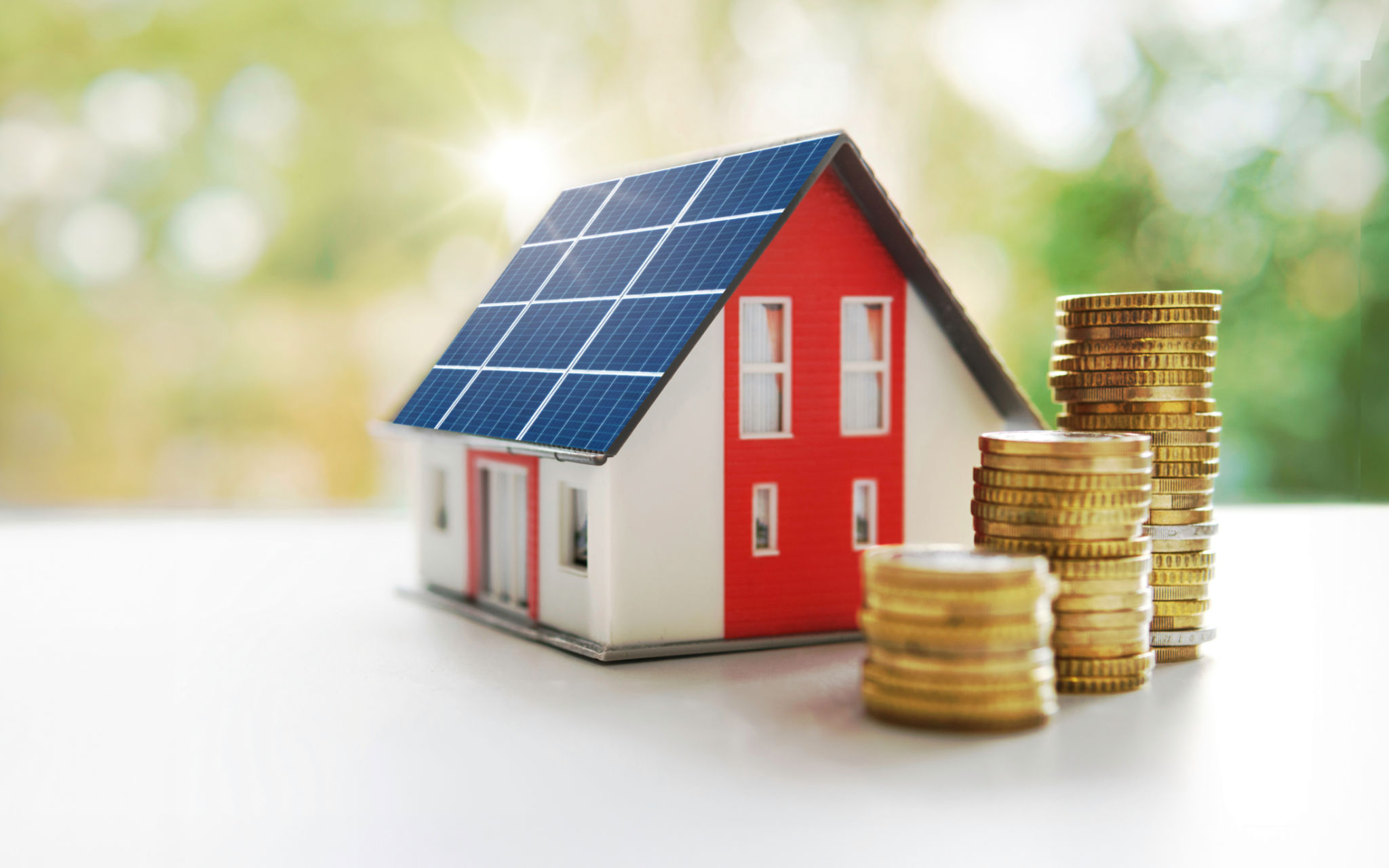Solar Panel Installation: Benefits and Considerations for QLD Residents
Why Consider Solar Panel Installation?
For residents of Queensland, solar panel installation offers a compelling mix of economic and environmental benefits. With abundant sunshine throughout the year, the state is ideally positioned to harness solar energy efficiently. By investing in solar panels, homeowners can significantly reduce their electricity bills and contribute to a more sustainable future.
Solar energy is not only a renewable resource but also a clean one, producing no harmful emissions. As more Queenslanders opt for solar solutions, the collective impact on reducing carbon footprints becomes increasingly significant. This shift towards renewable energy is critical in addressing climate change and promoting environmental conservation.

Financial Incentives and Savings
One of the most attractive aspects of installing solar panels in Queensland is the financial incentive. The federal government offers a Small-scale Renewable Energy Scheme (SRES), which provides Small-scale Technology Certificates (STCs) as rebates for eligible systems. These incentives make the initial investment more affordable and accelerate the return on investment.
In addition to government incentives, solar panels can lead to considerable savings on electricity bills. Homeowners can significantly reduce their reliance on the grid, particularly during daylight hours when solar panels generate the most power. Over time, these savings can add up, substantially offsetting installation costs.
Feed-in Tariffs
Queensland residents can also benefit from feed-in tariffs, where excess electricity generated by their solar system is fed back into the grid. Homeowners are compensated for this surplus power, further enhancing the financial viability of solar panel installations. By choosing the right energy provider, residents can maximize these returns.

Considerations Before Installation
Before installing solar panels, residents should assess several important factors. The roof's orientation and angle are crucial for optimal energy generation. North-facing roofs are typically ideal in Australia, but other orientations can also work effectively with proper planning and system design.
Shading is another critical consideration. Trees, buildings, or other obstructions can impact a solar panel system's performance. It's essential to evaluate the site for potential shading issues and consider trimming or removing obstructions if necessary.
System Size and Energy Needs
Determining the appropriate size of your solar panel system is vital to meet your household's energy demands. An oversized system may lead to unnecessary costs, while an undersized system might not provide sufficient energy savings. Consulting with a professional installer can help tailor a system that suits your specific needs and ensures maximum efficiency.
Choosing a Reliable Installer
Selecting a reputable solar panel installer is crucial for a successful transition to renewable energy. A reliable installer will offer guidance throughout the process, from assessing your energy requirements to ensuring proper installation and maintenance.
Look for certified installers with positive customer reviews and robust warranties on products and services. This ensures peace of mind knowing that your investment is protected and that your solar panel system will perform optimally for years to come.

The Future of Solar Energy in Queensland
The adoption of solar energy in Queensland is steadily increasing as more residents recognize its benefits. Technological advancements continue to improve the efficiency and affordability of solar panels, making them accessible to a broader range of homeowners.
As the state moves towards a more sustainable future, solar energy will play a pivotal role in reducing reliance on fossil fuels and ensuring energy security. By investing in solar today, Queensland residents are contributing to a cleaner environment and a more resilient energy system.
